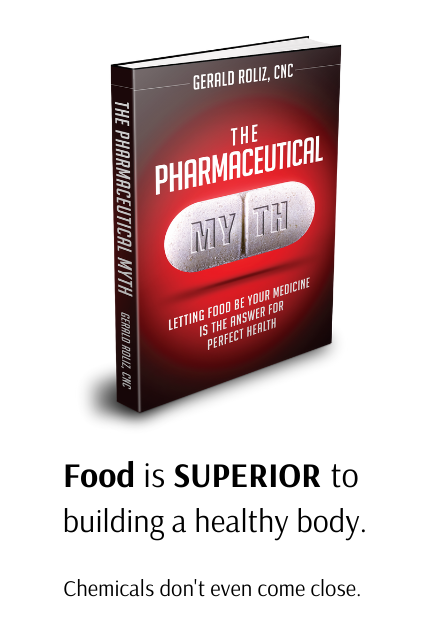Caffeine is one of the most widely consumed psychoactive substances in the world, and understanding its potential toxic effects on the body is essential for both health and wellness.
The half-life of caffeine (the time it takes for half of the caffeine to be eliminated from the bloodstream) varies widely among individuals, typically ranging from 3 to 7 hours. This means that by the time evening comes, there is still some caffeine in the blood stream. Factors influencing this include age, body weight, metabolism, and function of your liver and gallbladder.
Sources of Caffeine and Their Amounts
Caffeine is found in a variety of foods and beverages. Here’s a look at some common sources and their approximate caffeine content:
- Espresso: A 1-ounce shot contains about 63 mg of caffeine.
- Brewed Coffee: An 8-ounce cup has roughly 95 mg.
- Tea: A standard 8-ounce serving of black tea contains about 40-70 mg, while green tea has about 20-45 mg.
- Soda: A 12-ounce can of cola typically has around 30-40 mg.
- Chocolate: An ounce of dark chocolate can contain about 20 mg, while milk chocolate has significantly less.
- Other Foods: Certain energy bars and supplements may contain caffeine, often ranging from 50 to 200 mg per serving.
Symptoms of Caffeine Toxicity
While moderate caffeine consumption is generally safe for most people, excessive intake can lead to toxicity. Symptoms may include:
- Anxiety and restlessness
- Sleep disturbances
- Increased heart rate and blood pressure
- Gastrointestinal upset
- Panic attacks
In severe cases, very high doses of caffeine can lead to more serious conditions such as cardiac arrhythmias.
Caffeine Metabolism and Organ Involvement
The primary organs responsible for metabolizing caffeine are the liver and kidneys. The liver processes caffeine through enzymes, particularly cytochrome P450 1A2, which breaks down caffeine into three primary metabolites. The kidneys then help eliminate these metabolites from the bloodstream. If the liver or kidneys are congested, undernourished or are already overburdened with the detoxification of environmental toxins and heavy metals, the rate of caffeine metabolism and excretion is severely diminished. When caffeine cannot be cleared from the blood and a person continues to consume it daily, the levels of caffeine eventually accumulates to toxic levels.
Caffeine’s Influence on Hormones
Caffeine has been shown to upregulate the release of adrenal hormones, specifically cortisol and adrenaline. These 2 are released in times of stress or when the sympathetic nervous system (fight or flight) is engaged. Excess adrenaline release can lead to heart related problems by over stimulating the beta-receptors (1). Cortisol, a catabolic hormone, is responsible for breaking down protein in the bones and muscles for energy. Excess cortisol in the brain also increases brain damage to the hippocampus, which controls learning & memory (2). While cortisol is crucial for maintaining energy levels during stress, chronic elevation of cortisol can have detrimental effects on health. If the diet is deficient in healthy sources of protein, the negative effects of high cortisol release are accentuated.
Excess cortisol levels are linked to a host of issues, including:
- Osteoporosis: Glucocorticoids, such as cortisol, can interfere with bone formation and lead to decreased bone density.
- Skin Thinning: Chronic exposure to elevated glucocorticoids can result in skin atrophy and increased fragility.
- Muscle Deterioration: Prolonged high cortisol levels may contribute to muscle wasting due to increased protein breakdown.
- Diabetes and Blood Sugar Dysregulation: Chronic elevation of glucocorticoids can also disturb glucose metabolism, increasing the risk of type 2 diabetes.
- Adrenal Fatigue: Fatigued Adrenal glands can lead to extreme tiredness and decreased alertness throughout the day.
- Brain deterioration: Slowing of learning & failing memory.
Strategies for Safe Caffeine Withdrawal
For individuals looking to reduce their caffeine intake, a gradual approach is advisable. Abruptly stopping caffeine can lead to withdrawal symptoms, including headaches, fatigue, irritability, and mood swings.
One effective strategy is to switch to decaffeinated beverages. We recommend Swiss Water Process decaf since they use a particularly gentle method of decaffeination that uses water and osmosis to remove caffeine without carcinogenic chemicals, making it a healthier alternative. Gradually replacing regular coffee or tea with Swiss Water Process decaf can help reduce overall caffeine consumption while still providing a familiar taste and ritual.
Additionally, incorporating herbal teas, which are naturally caffeine-free, can serve as a satisfying substitute. Taking these steps allows the body to adapt without the shock of sudden withdrawal, leading to a smoother transition towards lower caffeine consumption.
By understanding caffeine’s effects and strategically managing its intake, individuals can enjoy its benefits while minimizing potential risks to health.
If you suspect you have a coffee addiction or are looking for a natural approach to improving your health, it starts with food. Visit the Natural Health Improvement Center of Idaho to book an initial consultation HERE



